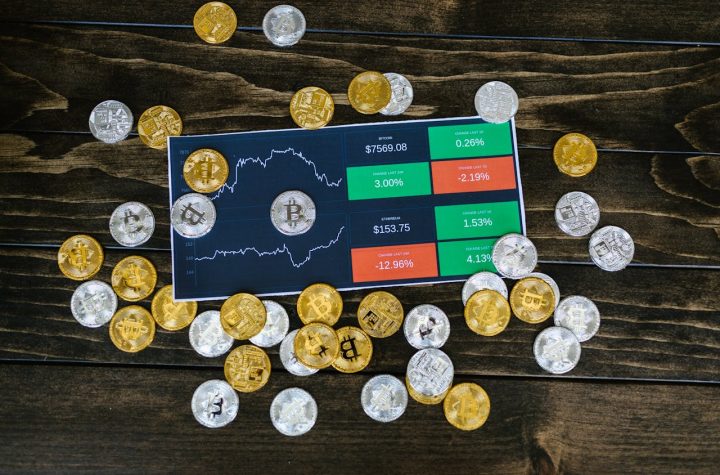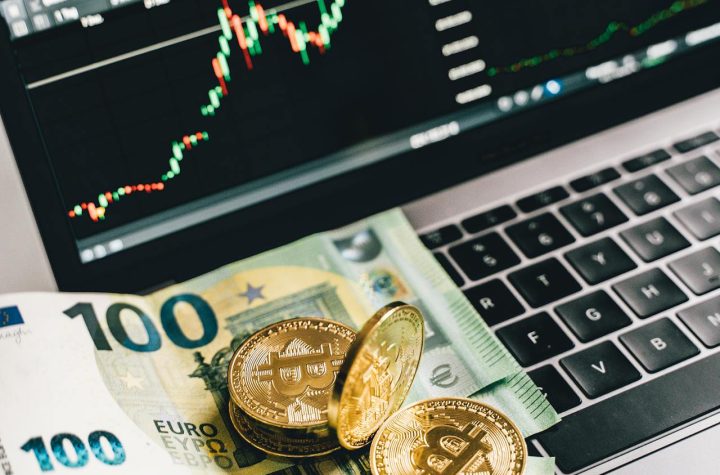
With cryptocurrency taking over the financial industry, there are possibilities that were never thought before. But before venturing into this interesting world, you need to answer one very important question: which is the best cryptocurrency wallet suited for you? The right wallet can sometimes be the difference of protective custody of your assets or careless display of risk management. With so many options such as hardware wallets or mobile apps, it gets hard to keep track. Do not fret! In this guide, we will explain everything that you need to know about crypto wallets so that you are able to select a wallet that is best suited for you and your investing style. Let us take this journey forward and explore the most secure methods of crypto storage while understanding how to stay safe during the process.
What is crypto storage?
There a few options available into which a crypto storage can be classified. Paper wallet, an offline medium that contains crucial information regarding digital currencies. If we talk about software options, they range from hosted wallets that are offered by exchanges as well as private wallets encased in smartphones. However, despite its advantages, a crypto wallet comes with its drawbacks. Crypto wallets do not make you feel like you are holding actual cash since they are merely about numerical values on a screen but there are plenty of reasons to love this technology.
There are quite a few different types of wallets available out there, these include a software wallet which is available on mobile or desktop, a hardware wallet and even a paper wallet. Each of these types provide a different feature for their customers. For example, software wallets are ideal for daily transations whereas a hardware wallet provides more security for users in terms of storing their assets for a long time.
While using a crypto wallet, it is important to acknowledge the fact that a wallet in general doesn’t actually store your coins, instead it allows you to interact with the blockchain in which your currencies are located. With the right wallet, you have the ability to take charge of your money in a decentralized system.
So what’s the need for a custodial wallet?
A custodial wallet is perfect for individuals who would like the easy route instead of taking the road that requires more effort. These wallets are in the custody of third-party companies and thus don’t require you to worry about the security and custody of your cryptocurrencies since they manage it for you. This is a great way to go about it, especially if you are investing in crypto for the first time and do not have enough experience when it comes to dealing with your private keys.
With a custodial wallet, transactions are simpler, thus allowing you to sell or purchase an asset without going through a complicated process. Quite a few mainstream exchanges provide this wallet, thus making it convenient for you to trade assets on a platform that you already have your assets on.
But with this convenience comes a sacrifice – having someone else manage your funds. Several security measures have been introduced on what appears to be secure platforms, but at the end of the day, it is these providers and their practices that will protect your money, ie, investments.
How does a crypto wallet’s functionality differ from an ordinary wallet?
A cryptocurrency wallet provides users with the ability to send, receive, and store different digital coins. Though do remember that first of all, unlike traditional wallets cryptocurrency wallets do not actually possess any coins, instead they store your public and private keys, which are necessary to conduct transactions.
When you want to send or receive a cryptocurrency you use your wallet in conjunction with your private key to approve specific transactions. This is a strong assertion that strengthens security. Thereafter the transaction is verified and documented on the blockchain.
A wallet can be a piece of hardware, software, a mobile app, even a piece of paper. They each communicate with the blockchain’s databases in a variety of methods, allowing you to free your assets while providing varying degrees of quick and secure storage.
What type of wallet should I choose?
In the present time, there are several wallets available for holding your cryptocurrencies. However, only some of them may be able to fulfill your purpose. There are weak points to every type of wallet, or specific things that one must keep in mind, featuring cold wallets, mobile sites, web wallets, and hardware wallets.
In terms of cross-platform functionality, mobile or web wallets are rather user-friendly since they have simpler identifiers but do exhibit vulnerabilities for security casing. However, for investors and those intending to hold large multiple amounts of cryptocurrencies, cold hardware wallets would be a better solution since they store physical devices offline. I would suggest going with hardware wallets to be safe and avoid hacks or any cyber related threats.
A good rule of thumb would also be to consider paper wallets or cold storage for anonymity purpose since they provide heightened security. However, one must manage them carefully as they are physically sensitive and losing access means losing your funds, hence it is essential to weigh out the risks beforehand.
What to consider when choosing a wallet:
There are several factors based on which one can choose their right cryptocurrency wallet for their needs. Primarily it would be to gauging the ease of use of the respective wallet. Someone new to cryptocurrencies may require a user-friendly layout that would provide assistance while managing the transactions.
The second thing to do is consider the currencies that the respective wallet can support. Seeing that there are several wallets, it is important to do thorough research as not all of the wallets support every currency type. If you do end up investing in multiple coins, ensure that your wallet is capable of accommodating them.
Check out the customer support options. As I said before good customer service can avoid wasting your time and avoid anger during trying times. Look for reviews and ratings that note if there is any help if you have a problem or question concerning your wallet experience.
What kind of security features should I focus on?
Security features should be the first aspects you consider while you are choosing a cryptocurrency wallet. Look for wallets that have high encryption standards concerning the private keys. This means that even if someone has access to the information, he will not be able to easily decipher what is contained in the data.
It’s also vital to think about two-factor authentication (2FA), it is another basic security measure. This feature requires the use of not only a password but also a second identification such as text messages or an authenticator apps.
Moreover, certain devices allow for backup and recovery features. This way, you will be able to access the system if you lose your device or forget your password. Always ensure that you use wallets with high-grade encryption features to easily protect your digital assets.
How can one manage and check the total worth of crypto held across different wallets?
At a glance, it may seem complicated to track the worth of your cryptocurrencies held in multiple wallets. However, there are different tools available to facilitate this. Most users go for portfolio tracker applications instead, which are able to automatically determine the total worth of all your wallets entered into the app depending on the market price at the time.
Using spreadsheets can also be a good option. This way is more personal. Each wallet worth of your assets could easily be input to monitor performance. This approach also came in handy to track the investment objectives that matter to you the most.
Some wallets can be linked to crypto exchanges that enable users to view the total balances held across wallets linked to that exchange. While this helps in saving the user time, it is still better to check reliable links and be able to protect sensitive information while tracking the various assets available on different platforms.
Crypto Taxes Redefined
The notion of dealing with crypto allows you to understand and reason what the underlying assets and the apparent risk management approach would be. Many jurisdictions treat cryptocurrencies the same as any other property and different tax obligations arise depending on what type of transaction a holder conducts, which allows use of crypto currency in ICOs and payment for outright purchase.
It is advisable to keep records of all transactions such as dates, amounts and the circumstances of each trade. Different countries have different rules about how gains are taxed—some apply capital gains tax while others may treat it as ordinary income.
An accurate tax return would also help in avoiding complications with tax authorities at a later time. Many software packages can help in recording investments as well as calculating taxes owed on profits from trading or investing activities.
It is best to stay up to date on local laws and regulations pertaining to crypto tax in order to stay compliant. Accepting this aspect contributes to a more holistic view of taking responsibility while engaging with cryptocurrencies.

I am a passionate enthusiast of digital finance and online entertainment, with years of experience in the world of cryptocurrencies, sports betting, and casino gaming. My mission is to provide readers with reliable information to help them make informed decisions in the realms of online gambling and digital investments. On this blog, I share the latest trends, platform reviews, and tips on safety and responsible gaming.




More Stories
It is Cryptocurrency that will lead the Change to the Decentralized System of Financial Transactions.�
The Beginners Guide to Buying Cryptocurrency: Step By Step Instructions
Cryptocurrency as an Investment – A Guide for Beginner Investors